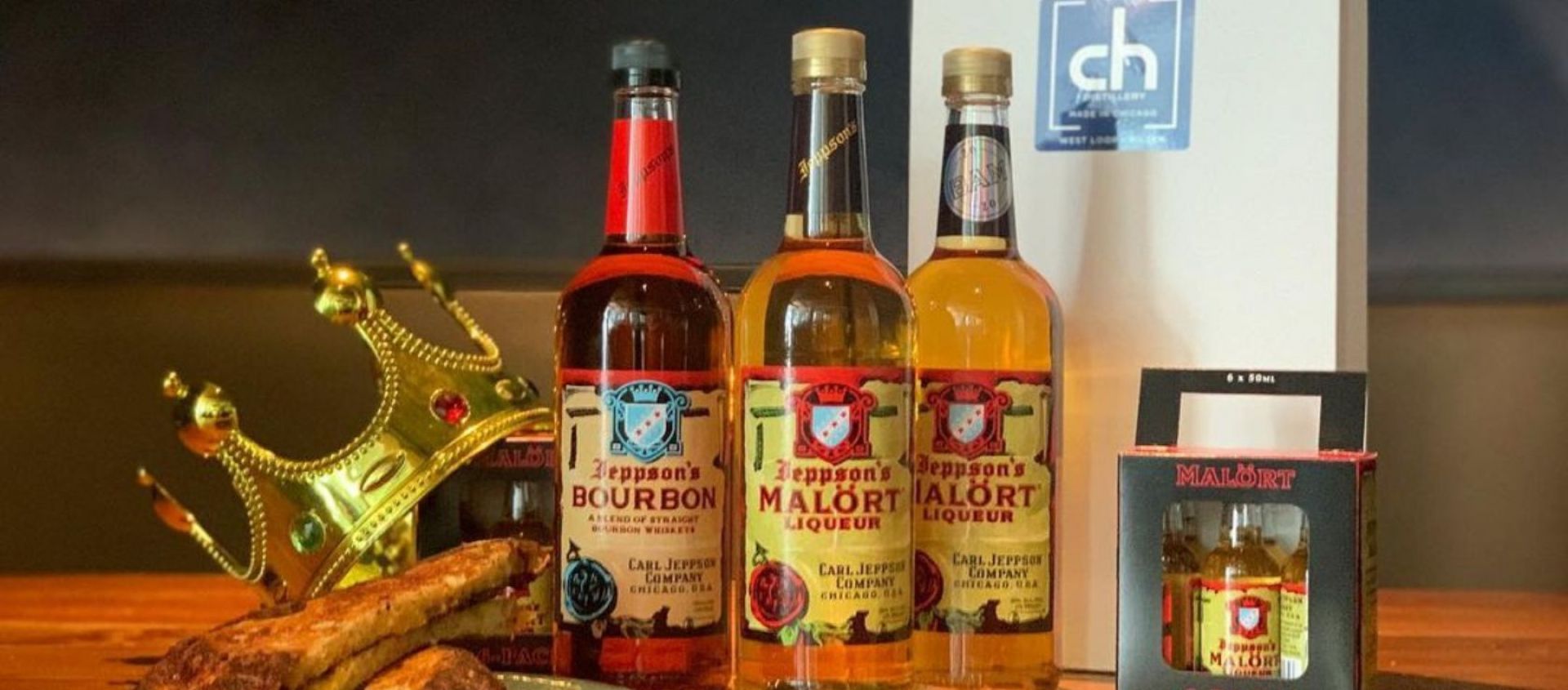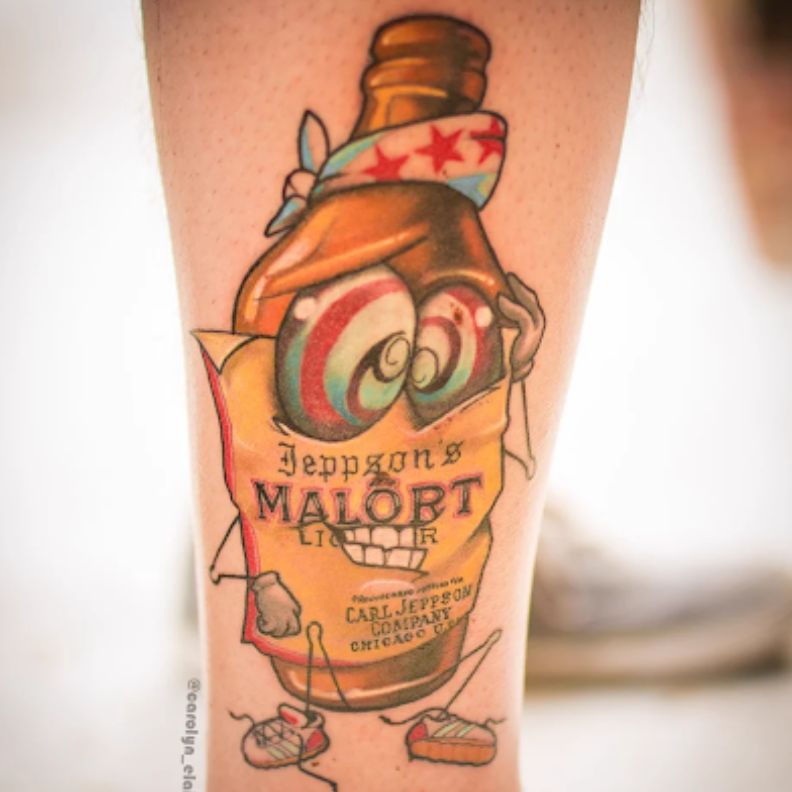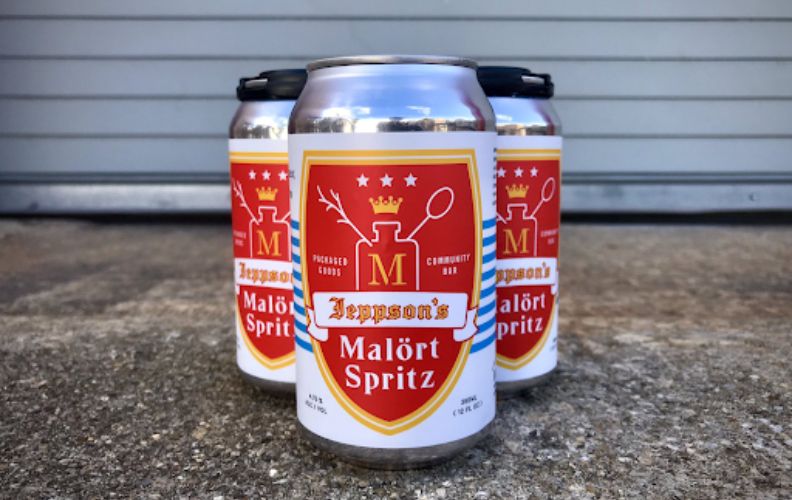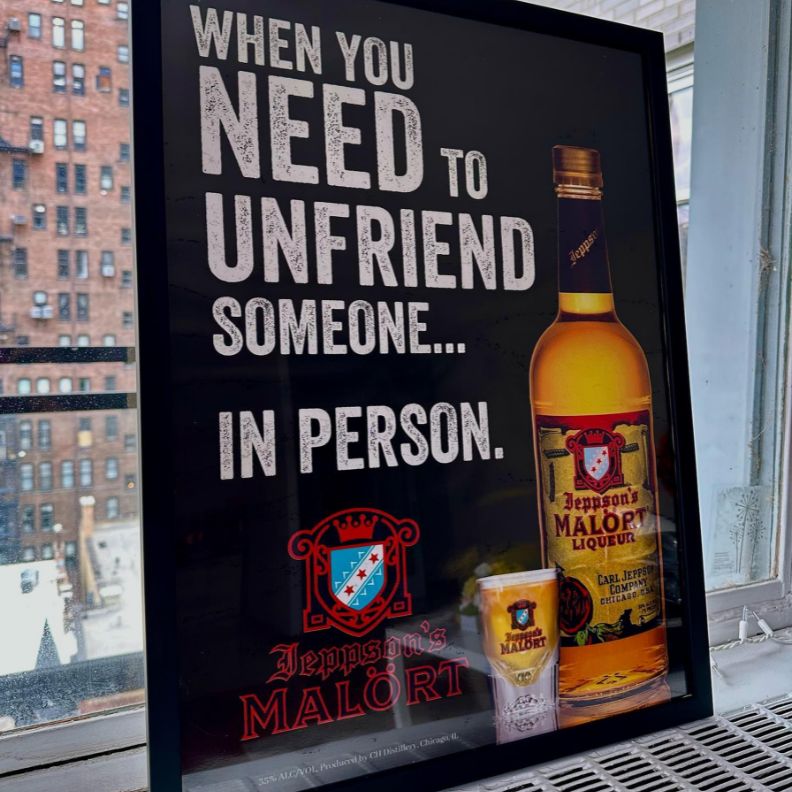
Insights
Malört: The Bitter Business Success That Defines Chicago
Malört, a peculiar liqueur infamous for its bitter taste, has carved out a unique niche in the world of spirits
It has become synonymous with Chicago and is known to both locals and adventurous tourists as a polarizing emblem of the city's identity. From its humble beginnings during the Prohibition era to its resurgence in the modern age, Malört's journey is not just about taste but also a fascinating business phenomenon that showcases the power of branding, community, and embracing the unconventional.

Prohibition-Era Origins
Malört first emerged on the scene in the 1920s when Swedish immigrant Carl Jeppson introduced it to Chicago. To circumvent Prohibition-era laws, Jeppson cleverly marketed the beverage as a medicinal tonic, claiming it could cure stomach worms and parasites. Its unique flavor, characterized by the predominant presence of wormwood, an ingredient notorious for its role in absinthe, made it a distinct concoction that few enjoyed purely for its taste.
After the repeal of Prohibition, Jeppson sold the recipe, and the first bottles of Malört were produced. Despite its availability, it failed to win the hearts of consumers primarily due to its challenging flavor profile.

The Malört Resurgence
The unlikely revival of Malört can be traced back to approximately a decade ago when a Chicago bartender, Sam Mechling, decided to introduce the unconventional spirit to a wider audience. Mechling's journey with Malört began when a coworker dared him to try it, describing it as tasting like a kitchen's junk drawer—a description that intrigued Mechling.
Sam Mechling's passion for Malört led him to host events, including Malört-themed trivia nights and comedy shows at bars. He documented people's reactions to the drink, which gave rise to the famous "Malört face." Social media played a significant role as Mechling created Twitter and Facebook pages dedicated to Malört, sharing humorous descriptions and reactions to the spirit.
To help offset his expenses, Mechling began selling T-shirts featuring the Malört logo. This move inadvertently caught the attention of Patty Gabelick, the brand's then-owner. Gabelick offered Mechling a job, which he gladly accepted, becoming an integral part of Malört's resurgence.

Expansion Beyond Chicago
Since the late 2000s, Malört's popularity surged, with sales rising steadily. It evolved from a drink primarily found in VFW halls and dive bars to a symbol of Chicago's spirit. Mechling's efforts, combined with Mechling's creative marketing, propelled Malört into the mainstream. In 2018, Tremaine Atkinson, CEO and head distiller of Chicago's CH Distillery, acquired the brand, bringing production back to Chicago in 2019 after a stint in Florida since the late 1980s.
[[relatedPurchasesItems-46]]
Malört's expansion didn't stop at Chicago's borders. Over the past five years, it has become available in 30 states, demonstrating that despite its notorious bitterness, people are drawn to it. As Tremaine Atkinson aptly puts it, "People like to say, 'Oh, I hate Malört,' but ... you usually don’t come back to something unless you actually like it."

The Paradox of Malört: A Business Lesson
Malört's enduring appeal can be attributed to its paradoxical nature. It defies convention and challenges palates, often producing reactions that range from grimaces to laughter. The "Malört face" has become a shared experience, creating a sense of community among those willing to embrace the unconventional. While some may dismiss Malört as a mere novelty, its social presence has continued to rise, making it harder for people to remain unaware of its existence. The viral phenomenon surrounding Malört exemplifies Chicago's spirit—a city that finds resilience and pride in its quirks and challenges.
In sum, for spirits industry professionals, Malört's journey from an obscure and challenging liqueur to a cultural phenomenon highlights the power of branding, community engagement, and the willingness to embrace the unconventional. Its resurgence in popularity, driven by the efforts of individuals like Sam Mechling, showcases the enduring appeal of shared experiences and the indomitable spirit of Chicago.
As Malört continues to expand its presence beyond its hometown, it remains a symbol of the city's unique identity. The bitter taste that once defined it is now a source of pride and camaraderie, proving that even the most unconventional products achieve success when approached with creativity and a sense of community.
Become a USATT exhibitor and grow your distribution in the USA. Meet importers, distributors, retailers and press. Get exhibitor information here.


